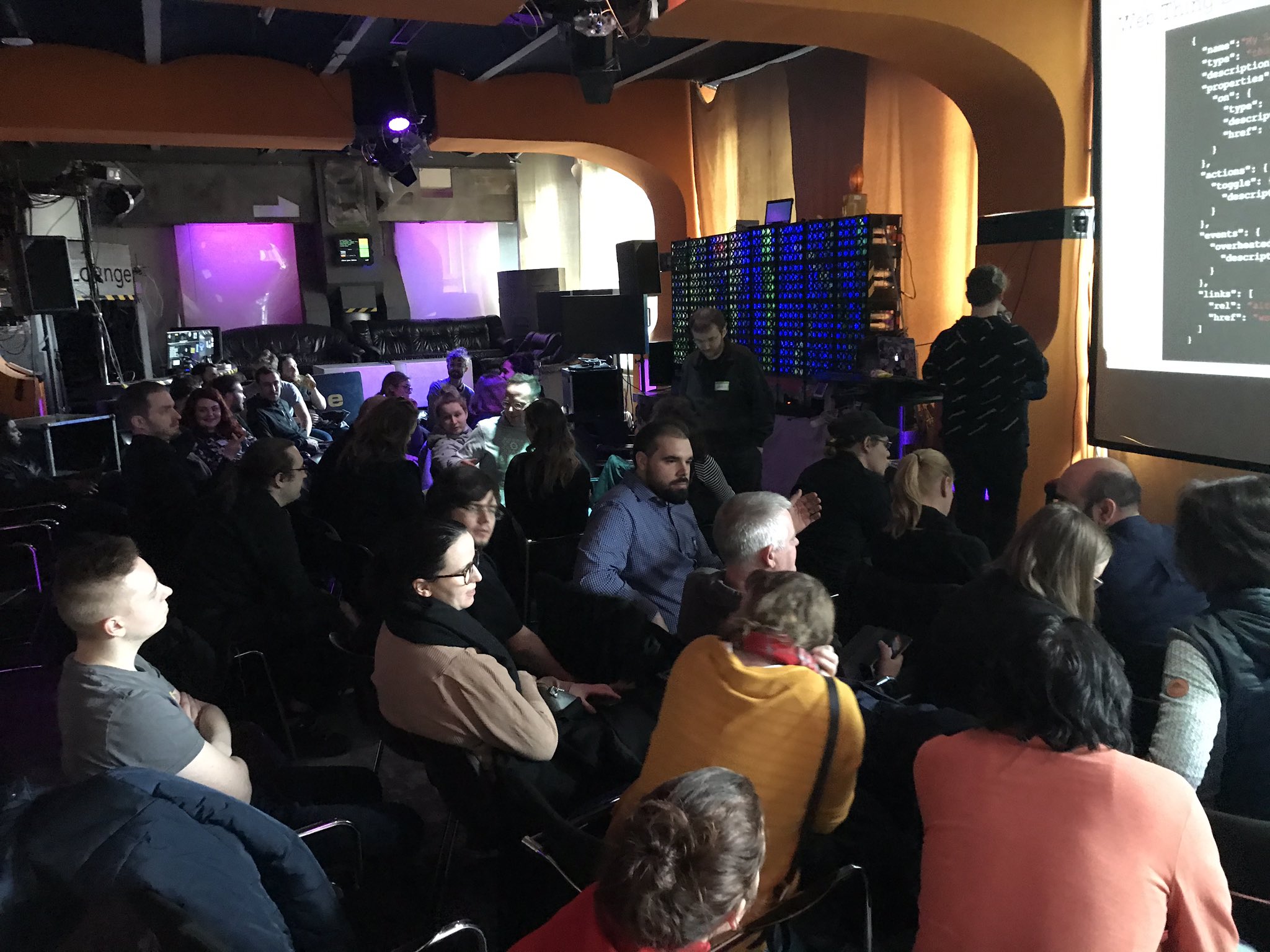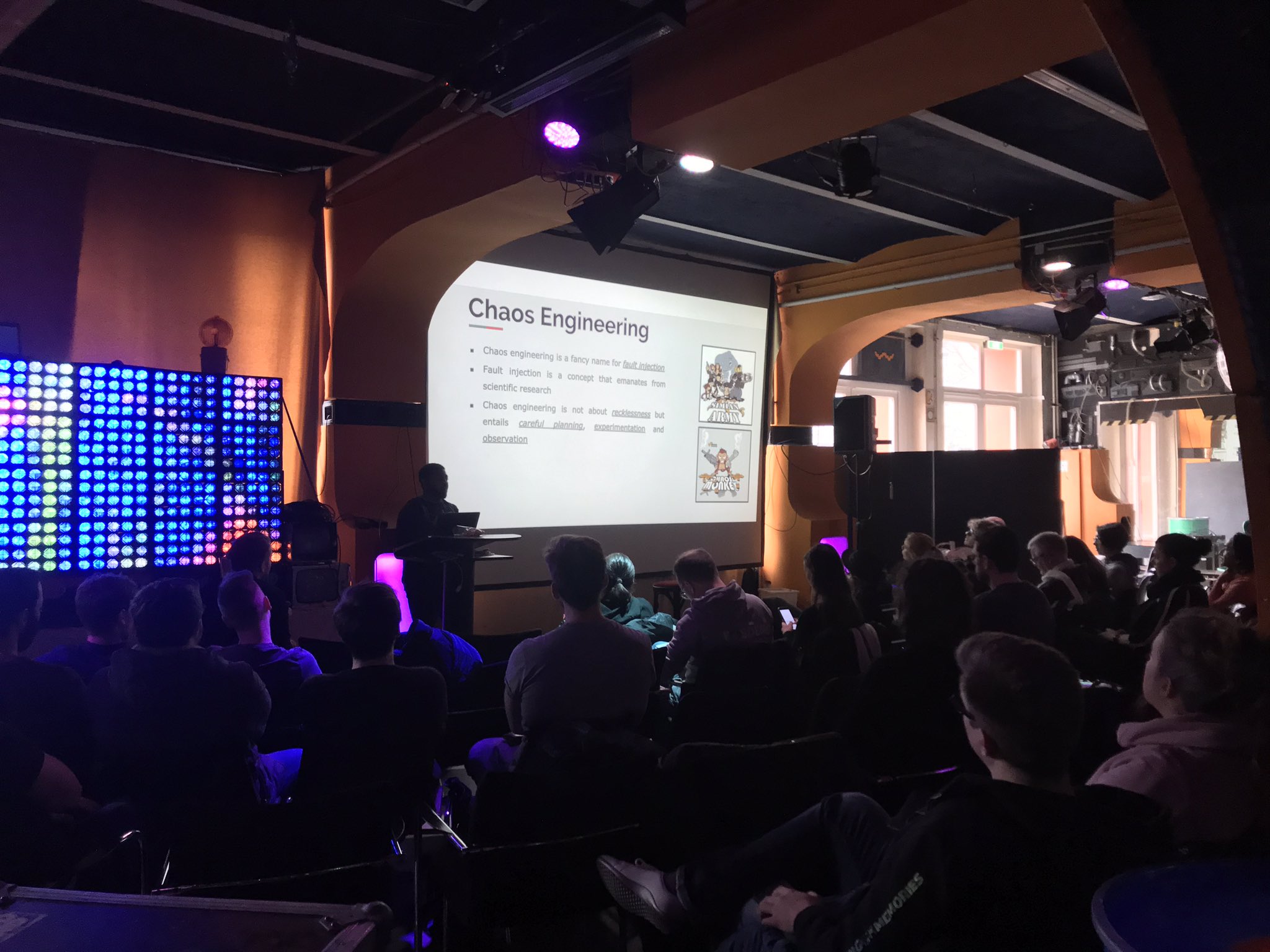Aditya K Sood (Ph.D.) is a cybersecurity advisor, practitioner, researcher, and consultant. With the experience of more than 14 years, he provides strategic leadership in the field of information security covering products and infrastructure. Dr. Sood has research interests in cloud security, IoT security, malware automation and analysis, application security, and secure software design. He has authored several papers for various magazines and journals including IEEE, Elsevier, Crosstalk, ISACA, Virus Bulletin, and Usenix. His work has been featured in several media outlets including Associated Press, Fox News, The Register, Guardian, Business Insider, CBC, and others. He has been an active speaker at industry conferences and presented at Blackhat, DEFCON, HackInTheBox, RSA, Virus Bulletin, OWASP, and many others. Dr. Sood obtained his Ph.D. from Michigan State University in Computer Sciences. Dr. Sood is also an author of "Targeted Cyber Attacks" and “Empirical Cloud Security” books.
He held positions such as Senior Director of Threat Research and Security Strategy, Head (Director) of Cloud Security, Chief Architect of Cloud Threat Labs, Lead Architect and Researcher, Senior Consultant, and others while working for companies such as F5 Networks, Symantec, Blue Coat, Elastica, IOActive, Coseinc, and KPMG.

























